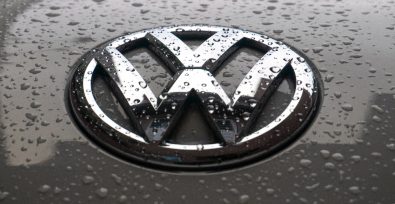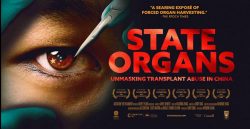Volkswagen’s (VW) operations in China’s Uyghur region are under increasing scrutiny as human rights groups raise concerns over forced labor involving Uyghur workers. The company’s assembly plant in the region, established in 2013, was initially a source of pride, symbolizing German industrial expansion. However, in recent years, the situation has changed as mountains of evidence of Uyghur forced labor have surfaced, and their position on top of the automaker market is plummeting fast.
VW’s ethics and market concerns
VW’s troubles in China go beyond human rights concerns. The Chinese auto market has shifted rapidly towards electric vehicles (EVs), and are being increasingly outpaced by local manufacturers. For years, VW led the Chinese market, but a 10.2% drop in sales in 2023 pushed the automaker out of the top position.
Michael Dunne, a China auto industry consultant, commented on the shift in an article by The New York Times, stating, “Chinese consumers see VW as the king of yesteryear. They prefer fresher, more compelling offerings from home-team brands.”
As VW struggles to maintain its competitive edge, the U.S. and European markets are also imposing restrictions on imports from the Uyghur region due to forced labor concerns.
The New York Times reports,
As many as a million ethnic Uyghurs, Kazakhs and other minorities were sent to indoctrination camps, detention centers and prisons. Associated forced-labor programs to send rural Uyghurs to factories and other urban jobs also drew heavy criticism from human rights groups and have prompted the United States and some European countries to restrict imports from Xinjiang since 2021.
Earlier this year, VW was forced to halt the import of certain luxury models to the United States after discovering that a supplier was using components sourced from the Uyghur region.
Despite forced Uyghur labor allegations, VW stays put
The U.S. enacted the Uyghur Forced Labor Prevention Act (UFLPA) in 2021, prohibiting imports linked to forced labor from the Uyghur region. The European Union has also moved to introduce tariffs on Chinese EVs, as local governments have heavily subsidized their production. The tariffs, set at 21% for VW, are part of the European Commission’s attempt to protect its market from subsidized Chinese imports. Still, the ethical considerations surrounding the region are affecting VW’s reputation on a global scale.
VW’s responses to allegations have included audits of its labor practices, but these have faced severe criticism. Critics argue that auditing measures fall short in the Uyghur region, where the state closely monitors and controls all information, making it impossible to ensure workers’ anonymity.
Rob Wyden, U.S. Senate Finance Committee Chair, pointedly criticized automakers for failing to address forced labor in their supply chains, “Automakers are sticking their heads in the sand and then swearing they can’t find any forced labor in their supply chains.”
Leaving the Uyghur region, however, is apparently not a straightforward for option for VW. The company’s operations are part of a joint venture with SAIC Motor, a state-owned enterprise that follows government policies closely. The Chinese government has urged foreign companies like VW to stay put, framing their presence as beneficial. As the Ministry of Commerce stated in a recent appeal, companies should “cherish the opportunity to invest and develop in Xinjiang.”
Forced labor-free supply chains for all automotive products!
Volkswagen’s ongoing presence in the Uyghur region and its continued operations in partnership with government-linked entities underscore the complex ethical, logistical, and economic issues at play. As human rights organizations worldwide amplify calls for transparency and accountability, consumers and advocates alike can support initiatives that call for an end to forced labor.
Freedom United has launched a campaign to address these injustices, urging car manufacturers, including VW, to commit to ethical supply chains. Join us in calling on the world’s largest automakers to stop sourcing products mined, manufactured, or assembled in the Uyghur region, including from companies that have accepted government-supplied laborers from the region. Take action and demand ethical, forced labor-free supply chains for all automotive products.







Freedom United is interested in hearing from our community and welcomes relevant, informed comments, advice, and insights that advance the conversation around our campaigns and advocacy. We value inclusivity and respect within our community. To be approved, your comments should be civil.